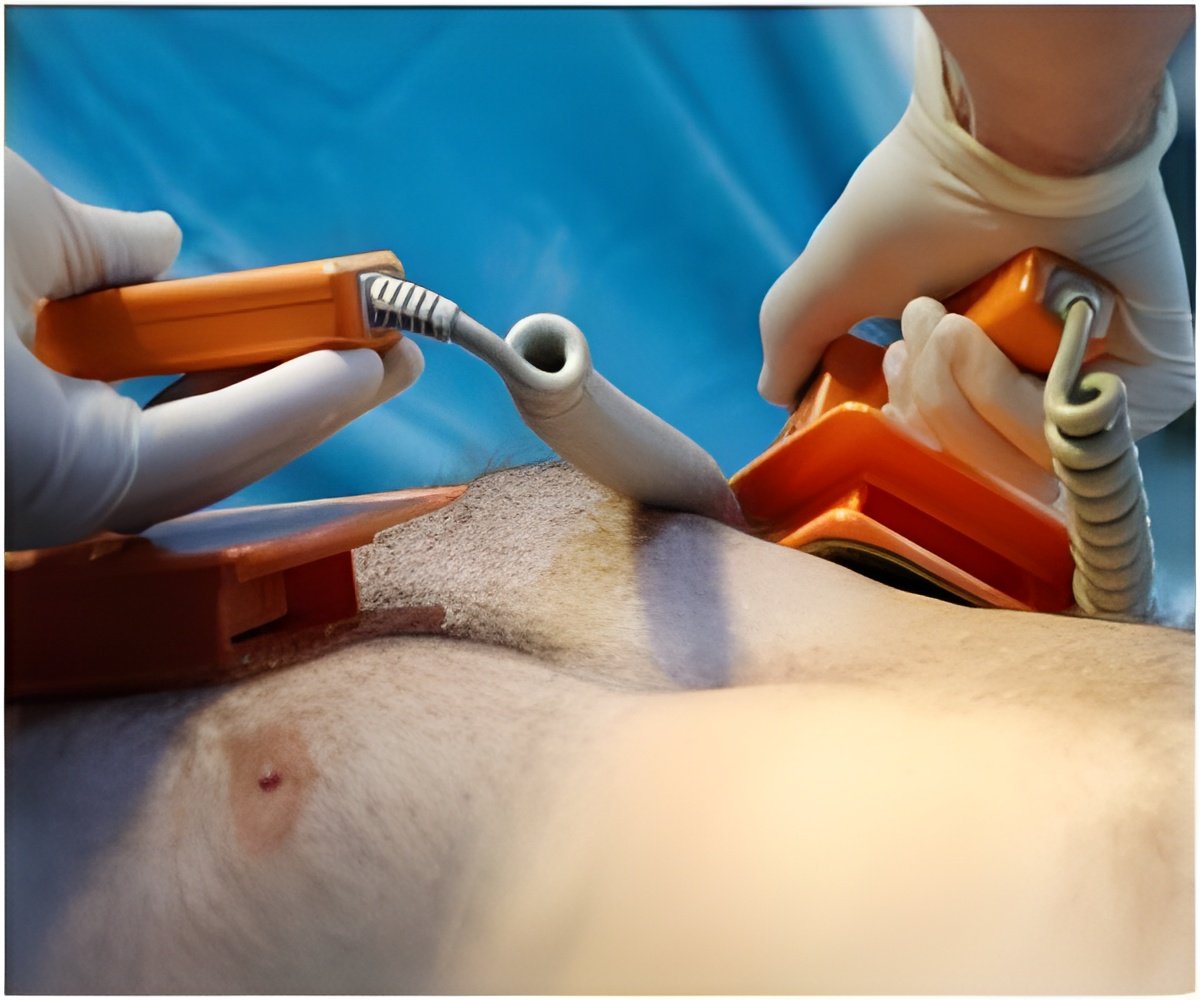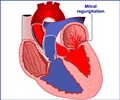A new technology called acoustic cardiography may help cardiologists can now diagnose heart failure just by hearing the heart's sounds.

The study involved analyzing data from one of the largest emergency department-based trials in acute heart failure, the HEart failure and Audicor technology for Rapid Diagnosis and Initial Treatment (HEARD-IT) multinational trial.
The trial, conducted at nine sites from March to October 2006, measured the diagnostic accuracy provided by adding acoustic cardiography to an emergency medicine physician's tools.
"The S3 is highly associated with heart failure. So we studied how measuring the presence of the S3 changed physicians' impressions of what was going on, how it potentially changed their workup and treatment for patients," said Dr. Sean Collins, UC emergency medicine associate professor and lead author of the study.
In the study, the researchers conducted a secondary analysis on the HEARD-IT results, focusing on specific subgroups of patients presenting a harder diagnostic puzzle.
Those include obese patients, patients with kidney failure and patients with an intermediate level of b-type natriuretic peptide, a biomarker which has been associated with acute heart failure and cardiovascular risk.
Advertisement
"Our findings suggest we diagnose heart failure only about half the time in these patients without acoustic cardiography," says Collins. "With it, we improve the accuracy to about 70 percent. It's pretty helpful in this subset of patients."
Advertisement
While Collins says that the HEARD-IT trial didn't make the argument for acoustic cardiography to be used in every patient suspected of having heart failure, this secondary analysis suggests it could be helpful in treating these subgroups.
"It shows that we need to get better at listening for the S3 and this study would suggest that if we don't hear it with our ears, that technology like this might be useful," said Collins.
The study is available online in the American Journal of Emergency Medicine.
Source-ANI













